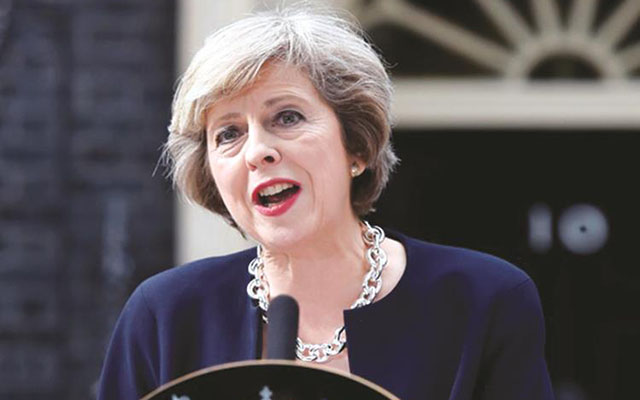Brexit: Britain’s Opening to China?

Thomas Hon Wing Polin Correspondent
Assembling, then ruling a globe-girdling Empire over two centuries must have given Britain a peerless nose among Western nations for sniffing out the turning points of world affairs.
This prescience seems to have continued long after the formal death of the British Empire.
That certainly was the case vis-a-vis China.
Back in January 1950, Britain stunned the world by becoming the first Western country to recognise the fledgling People’s Republic, even as the People’s Liberation Army was still mopping up.
Indeed, the Chinese themselves were so surprised that they spurned London’s request for formal ties, putting off the consummation for two decades.
Two years ago, the UK once again led the West in joining the Chinese-inspired Asian Infrastructure Investment Bank, a spearhead for the Belt & Road Initiative (BRI), Beijing’s mega-project to transform the EurAsian landmass.
London’s decision spurred at least a half-dozen European nations quickly to follow suit.
Brexit surely presents another historic crossroads.
Among other things, Britain’s exit from the European Union will mean looser ties and reduced dependence on Europe and the United States.
More importantly, it will mark the first time any member of the US-centred Empire is able to distance itself from it — to any extent.
That others might, once again, follow London’s lead, is perhaps the biggest nightmare for the Western elites who control the Empire.
For the savvy Brits, it’s clearly a time to rethink their position in the new world that is emerging.
Though their country will retain extensive links to the old world dominated by the Empire, post-Brexit Britain will be freer than any constituent of the imperium to chart a genuinely fresh and relatively independent course.
Above all, that points East — especially to China, economic hope of the 21st century and potential first-among-equals in the emerging EurAsian order.
Britain can have a strategic place in that project — as its natural end-point in the West.
And now that Trumpist America has abandoned its role as chief advocate of global free trade and protectionist winds are blowing elsewhere in the West, Beijing and London can join forces to push in the opposite direction.
The signs are plentiful that Britain’s elites have been thinking along such lines, starting from the virtually unprecedented reception lavished on President Xi Jinping when he visited London late 2015.
Principals range from Prime Minister Theresa May and the Royal Family to leading politicians and thinkers.
The recent opening of the first direct train service from China to Britain, traversing 7 400 miles and ten countries, is perhaps a harbinger of the future.
As far back in the 18th Century, Britain had also led the West in perceiving the vast opportunities in trading with China.
Unfortunately, the imperialist mindset led London to pursue its objectives by force, producing the catastrophes of the Opium Wars and the Opium Holocaust.
In the 21st Century, a scaled-down UK has a historic opportunity to atone for those historical crimes against the Chinese nation.
It can do so by simply reaching out to the Chinese in genuine friendship, participating constructively in BRI, and acting as an honest broker between China and the West.
Today’s pragmatic leaders in Beijing would demand no more than that.
If it materialises, such a scenario would spell win-win far beyond the two principals. — Counterpunch.










Comments